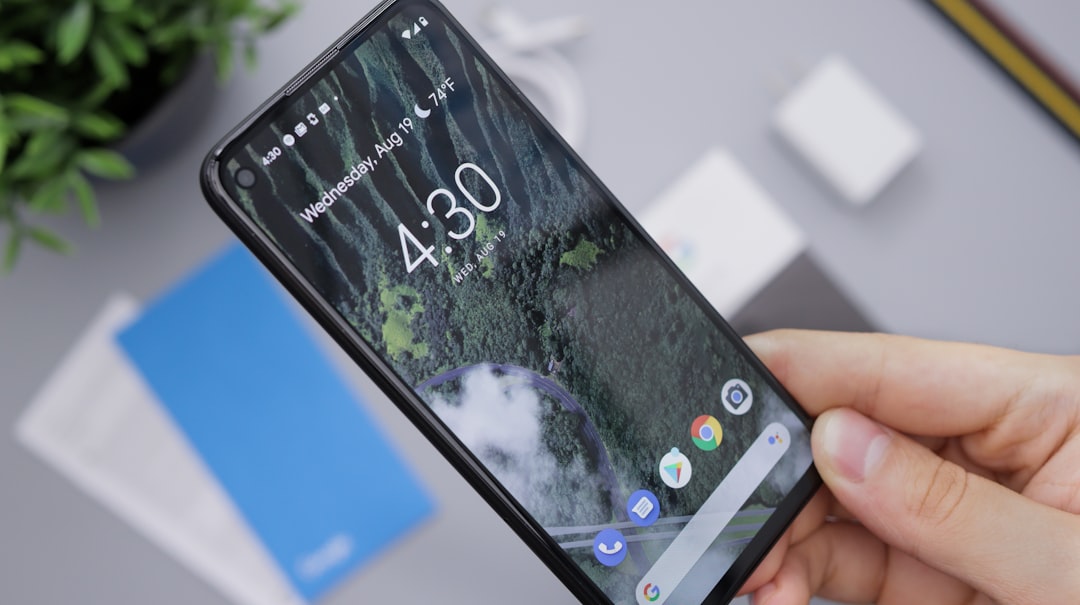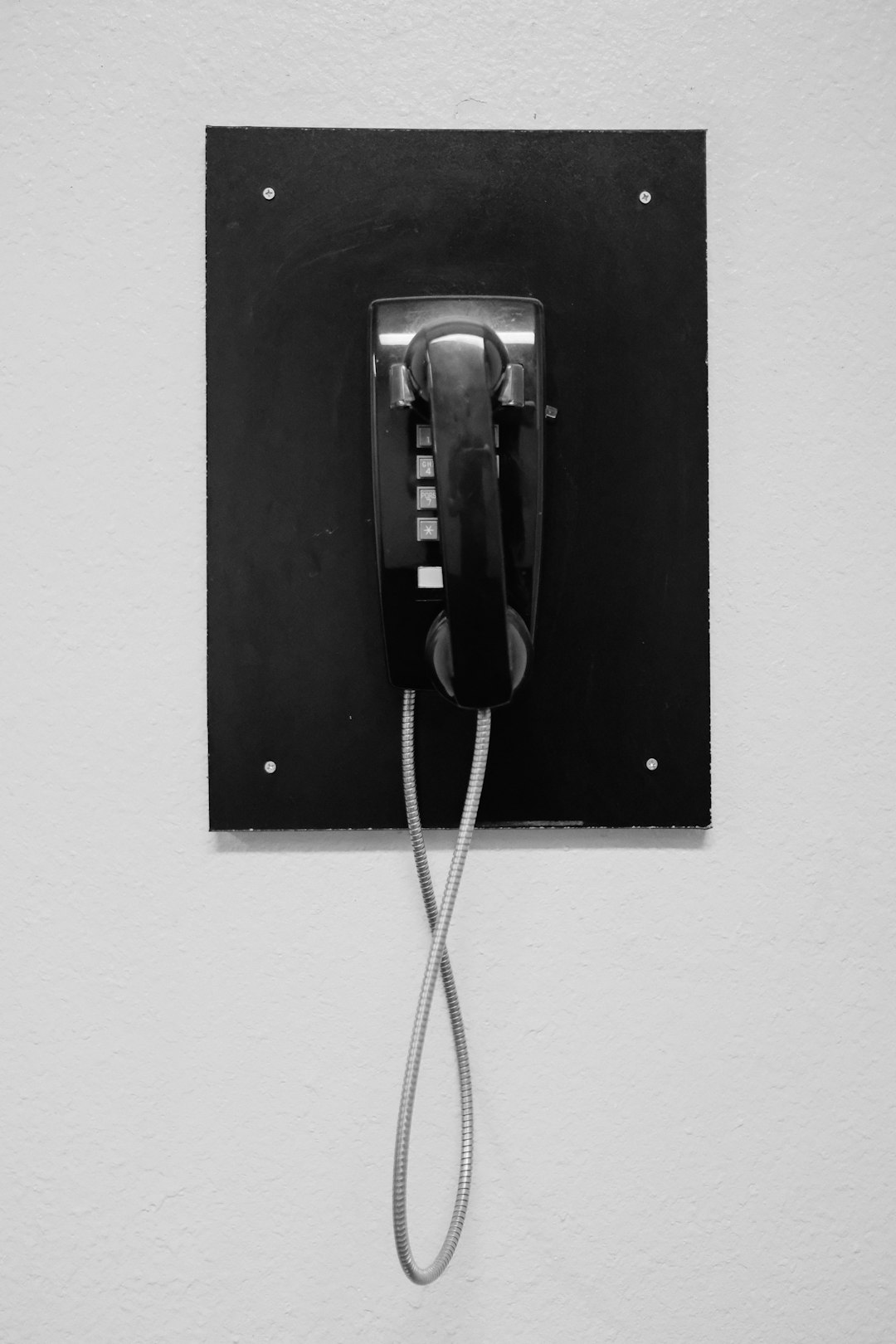Greater Houston residents are fighting back against relentless illegal telemarketers, who have invaded their daily lives. By combining community education, strategic responses, and legal assistance from Do Not Call Lawyers in Houston, Houstonians are reclaiming peace and privacy. Federal and state Do Not Call Laws, like the TCPA and Texas Telemarketing Protection Act, offer protection, and registering with the National Do Not Call Registry significantly reduces unwanted calls. For persistent issues, consulting a Do Not Call Lawyer Houston is recommended to ensure rights are protected.
In the dynamic city of Houston, residents have been battling a persistent nuisance—illegal telemarketers. This article explores how Greater Houston’s folks are fighting back against these relentless calls, armed with strategies that range from technological solutions to community action. We delve into the legal perspective, highlighting the role of Do Not Call laws and offering insights for Houstonians seeking protection. Discover successful stories of residents taking control and learn how a ‘Do Not Call’ lawyer in Houston can assist in this ongoing battle.
Understanding the Problem: The Impact of Illegal Telemarketers in Greater Houston

In the vibrant and bustling metropolis of Greater Houston, residents often find themselves in a constant battle against relentless illegal telemarketers. These unwelcome callers persistently invade personal spaces, disrupting daily routines and causing significant distress. The impact is profound; many Houstonians feel their peace of mind is compromised, with countless hours wasted on blocking numbers or dealing with unwanted sales pitches.
The situation has become a pressing concern for the community, prompting various initiatives to combat this nuisance. Many residents are turning to legal avenues, seeking guidance from Do Not Call lawyers in Houston to protect their rights and silence these persistent callers. This ongoing fight showcases the determination of Greater Houston’s residents to reclaim their peace and privacy in an era where telemarketing tactics can be both intrusive and relentless.
Resident Action: Strategies and Success Stories of Fighting Back

Residents of Greater Houston have taken a proactive approach in combating illegal telemarketing activities, employing various strategies to protect themselves and their communities. One effective method is to educate themselves and others about common scams and how to recognize suspicious calls or messages. Many residents share detailed accounts of receiving numerous unsolicited calls, often from out-of-state numbers, promoting dubious services or products.
In response, Houstonians have united, sharing information and success stories. Some have registered with the National Do Not Call Registry, a federal database that restricts telemarketers from contacting registered numbers. Others have taken it upon themselves to answer these calls, engaging the telemarketers in lengthy conversations, sometimes even feigning interest, until the callers grow frustrated and hang up. These collective actions have significantly reduced the number of unwanted calls, offering a sense of relief and empowerment to Houston’s residents.
Legal Perspective: How Do Not Call Laws Protect Houstonians and What You Can Do

In the fight against illegal telemarketers, Do Not Call Laws play a pivotal role in protecting residents of Greater Houston. These laws, both state and federal, empower citizens to take control of their communication preferences. The Telephone Consumer Protection Act (TCPA) at the federal level and the Texas Telemarketing Protection Act at the state level are designed to curb unwanted calls. By registering on the National Do Not Call Registry, Houstonians can significantly reduce the volume of unsolicited calls they receive.
If you’re facing relentless telemarketing calls, it’s advisable to consult a Do Not Call Lawyer Houston. Legal experts in this field can guide residents through the process of filing complaints with relevant authorities and pursuing legal action if necessary. They ensure that your rights are protected and help maintain a peaceful, less intrusive communication environment.






